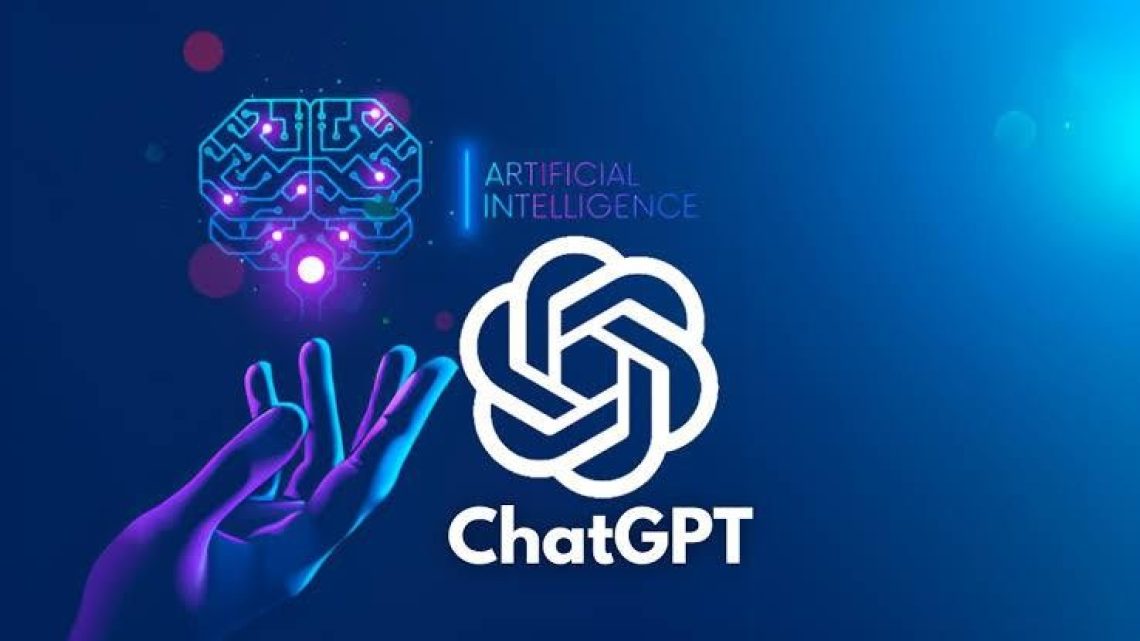
OpenAI Unveils Advanced Voice Mode for ChatGPT, Raising New Possibilities and Questions
August 2, 2024Earlier this year, OpenAI captivated users by showcasing an updated voice mode for the latest version of ChatGPT. This advanced voice mode stands out from typical digital assistants like Alexa or Siri, offering a voice that is astonishingly lifelike. It responds in real-time, adapts to interruptions, can giggle at jokes, and even assesses a speaker’s emotional tone. Interestingly, during its initial demo, the voice bore a striking resemblance to Scarlett Johansson’s.
Starting this week, OpenAI will begin rolling out this advanced voice mode to a small group of paid users under the “Plus” subscription. The plan is to make it available to all Plus users by fall. Although ChatGPT already has a basic voice mode, this advanced version could revolutionize how users interact with AI, making it more akin to a virtual personal assistant capable of engaging in natural conversations, much like talking to a friend. This could increase user engagement and pose a challenge to current virtual assistants like those from Apple and Amazon.
However, the introduction of this sophisticated voice mode raises important questions. Will the AI reliably understand users with speech differences? And could the human-like voice lead users to trust the AI too much, even when it makes mistakes?
OpenAI initially aimed to launch this feature in June but delayed it by a month to ensure safety and reliability. The company conducted trials with over 100 testers from 29 different regions speaking 45 languages. To mitigate potential risks, OpenAI has limited the voice options to four, created in collaboration with voice actors, to prevent impersonation. Additionally, the tool is designed to block requests for generating music or other copyrighted audio and includes safeguards against producing illegal or harmful content.
One significant change from the demo is the removal of the voice that many believed sounded like Johansson. OpenAI clarified that the voice was not intended to mimic her, and out of respect, it has paused its use following the actor’s complaint.
This launch follows OpenAI’s recent announcement of testing an AI-powered search engine, signaling the company’s ongoing expansion into consumer AI tools. The new search engine could potentially challenge Google’s dominance in online search.

